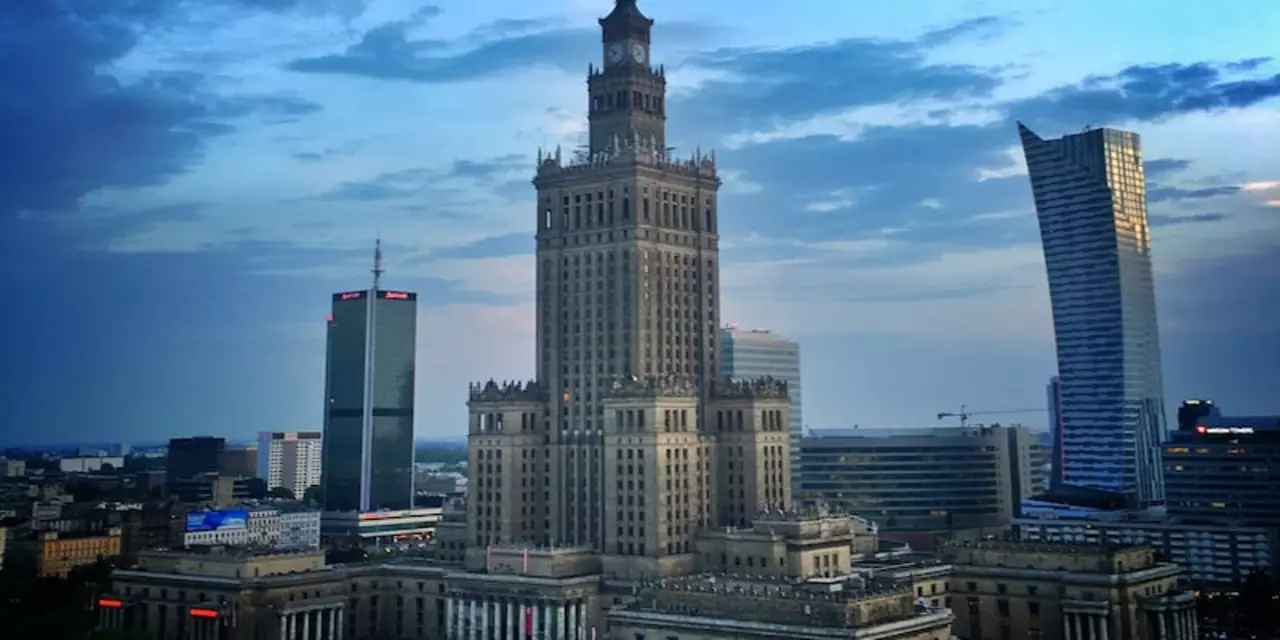
The relationship between culture and evolution is complex and fascinating. As humans, we are constantly evolving, driven by our ever-changing environment. But our culture also plays a role in this evolution, providing new ways of thinking, behaving, and interacting with the world around us. This intersection of culture and evolution is an important and often overlooked element in the development of our species.
Culture has a direct influence on the evolutionary process by providing an environment in which certain behaviors are favored and others are discouraged. For example, certain cultural practices can encourage cooperation and sharing, while others may lead to competition and conflict. Over time, these behaviors shape the way that individuals interact with the environment, and can lead to the development of new adaptations.
Culture also has an indirect influence on the evolutionary process. Through the diffusion of ideas, technology, and behavior, cultural practices can spread over vast distances, creating a global network of ideas, beliefs, and customs. This network can provide the means for rapid change, as individuals learn from and adapt to new ways of thinking and behaving. This process can lead to the emergence of new ideas and innovations, which can, in turn, drive further evolutionary change.
In conclusion, culture plays a significant role in shaping the evolutionary process. By directly influencing the behaviors that shape the environment, and indirectly driving the diffusion of ideas, technology, and behavior over vast distances, culture can facilitate change, leading to the emergence of new adaptations and innovations.
The impact of culture on evolution is a fascinating and complex topic to consider. While some may assume that the development of species is solely a product of natural selection, it is becoming increasingly clear that culture has played a major role in the evolutionary process as well.
Anthropologists and evolutionary biologists have long sought to understand the influence of cultural norms on the development of species. From the development of language to the emergence of new technologies, it is evident that culture has contributed significantly to the process of natural selection and adaptation. In many cases, cultural norms have been the primary driver of evolutionary change, with the emergence of certain behaviors or traits being the result of societal pressures or expectations.
For example, the rise of agriculture and domestication of animals had a profound effect on the evolutionary process. Prior to the advent of agriculture, humans had an entirely hunter-gatherer lifestyle and their diet consisted mostly of wild plants and animals. With the emergence of farming, humans began to domesticate animals and cultivate crops, selecting for certain traits and behaviors that were beneficial to their way of life. This has had a significant impact on the evolution of many species, as these traits and behaviors were favored by humans, leading to their proliferation in the population.
Similarly, the introduction of new technologies and tools has had a tremendous impact on the evolutionary process. From the invention of the wheel to the development of computers, new technologies have allowed humans to manipulate and adapt their environment in ways that were previously unimaginable. This has led to a rapid increase in the diversity of species, as well as the emergence of new traits and behaviors.
Overall, it is clear that culture has had a major impact on the evolution of species. From the adoption of agriculture to the development of new technologies, cultural norms have played a significant role in the process of natural selection and adaptation. As scientists continue to uncover more evidence of the influence of culture on evolution, it is becoming increasingly clear that this is a complex and fascinating topic that deserves further exploration.
Mar, 7 2023